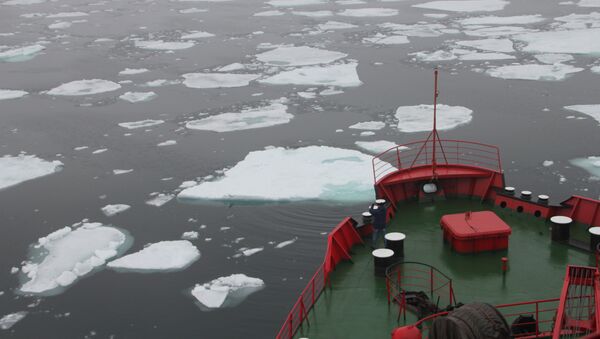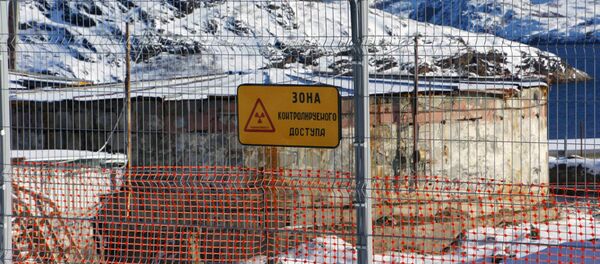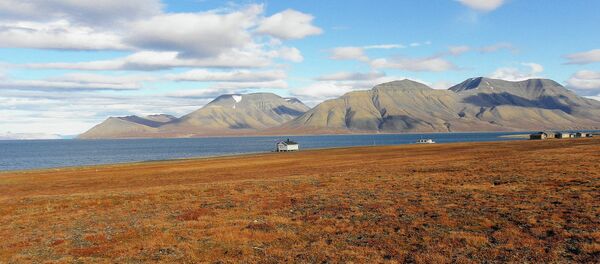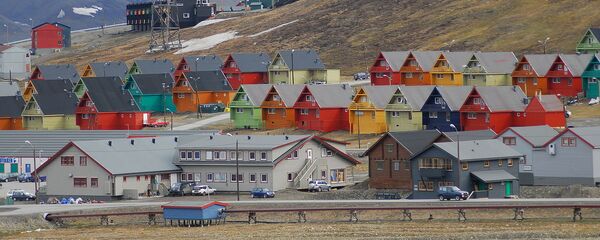"We were among the first Westerners to sail into Russian territorial waters on a Russian research ship to investigate radiation exposure from the nuclear test fields on Novaya Zemlya and other pollutants along the Kola coast, in the eastern Barents Sea and in the Kara Sea," Dahle told the news outlet High North News.
According to Dalhe, the research partnership was successful due to his company's non-government status and broad expertise. With a specialty in aquaculture and environmental issues, Akvaplan-niva offers research and development solutions, consulting services as well as support in terms of technology and innovation. As early as 1992, Akvaplan-niva carried out its first-ever joint expedition with its Russian partners, landing on islands in the eastern Barents Sea. In turn, Russian researchers were invited to conduct a corresponding environmental assessment in Norwegian waters around Svalbard, which was greatly appreciated.
"You have to remember that you are but a guest in a foreign country. You must have respect. Through respect you accumulate trust, which goes both ways. Without this mutual trust you can forget about going anywhere," Dahle said.
In this sense, it is all about being human, respecting your hosts and bearing in mind that trust is not built in one day.
On a practical level, the first thing to do to establish a Russian company is to hire a director. This must be followed by an accountant who makes sure that everything goes by the book. Dahle pointed out that a good accountant can save a company large sums in fines and penalties for failure to comply with ever-changing and overly elaborate rules and laws. Finally, you have to get rid of the idea that the locals' attitude to time is the same as at home. Your have to arm yourself with patience in the face of a society that works differently than your own.
It its heyday, Akvaplan-niva had a yearly turnout of up to 5 million kroner (roughly 620,000 dollars), which later shrunk amid the recession and anti-Russian sanctions. At present, the company is pinning its hopes on Russia's plans to develop its fish farming potential, as well as energy projects in the Arctic. Today, the company's office in Murmansk has been "mothballed," but is set to open again once the situation has changed, Dahle pointed out.





